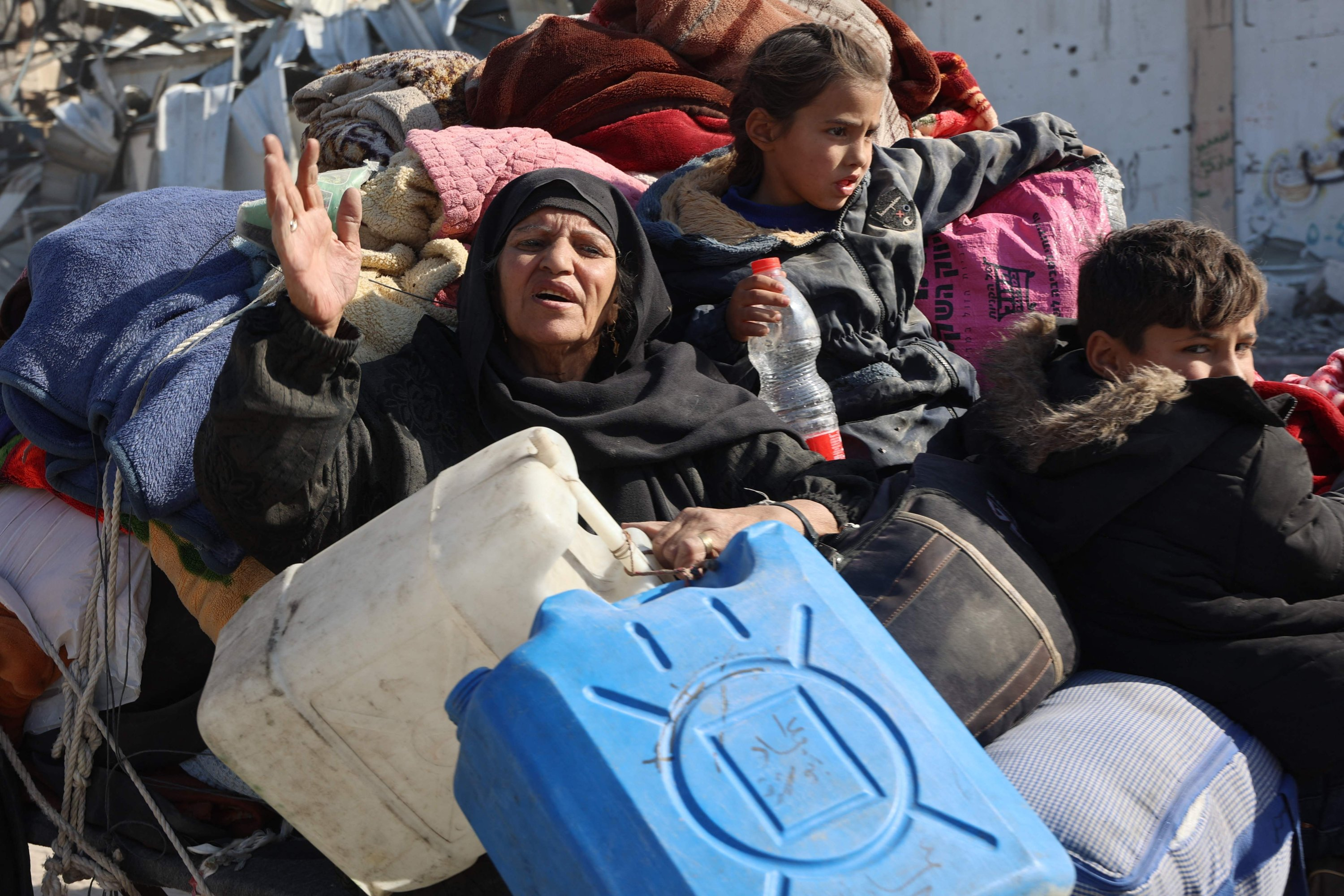The United Kingdom has witnessed a significant rise in the influence of Sharia councils, now numbering 85 across the country. Established as informal religious bodies, these councils have become pivotal for Muslims seeking guidance on marriage, family matters, and divorce.
This trend has drawn attention from both supporters and critics, with concerns about a parallel legal system gaining prominence in public discourse.
The Evolution of Sharia Councils in Britain
The establishment of the first Sharia council in 1982 marked the beginning of a new chapter for Islamic jurisprudence in the UK. Over the decades, these councils have expanded, addressing the needs of Muslims not only in Britain but also across Europe and North America.
At the heart of their operations is the Islamic Sharia Council of Great Britain and Northern Ireland, a registered charity based in Leyton, East London.
Offering services such as nikah (marriage), talaq (divorce initiated by the husband), and khula (divorce initiated by the wife), these councils serve as a bridge between Islamic traditions and the legal needs of the Muslim community.
Read : Muhammad Becomes the Most Popular Name in England and Wales Overtaking Noah
While these councils hold no legal authority under British civil law, their influence is immense within the religious and cultural framework of their adherents.
Read : Republican VP Pick Vance Calls UK ‘First Islamist Country to Get Nuclear Weapon’, Faces Backlash
An emerging concern is the application of nikah mut’ah, or pleasure marriage, which allows for temporary unions with predetermined durations. Critics argue that such practices, along with the councils’ stance on various gender-related issues, reinforce patriarchal norms that undermine women’s rights.
Challenges of Parallel Legal Systems
One of the most pressing issues raised by the National Secular Society is the existence of a parallel legal framework that operates alongside British civil law.
Sharia councils, consisting predominantly of male Islamic scholars, issue rulings that align with classical interpretations of Islamic jurisprudence. This has raised questions about equality, particularly for women seeking divorces.

Under Islamic law, men have the unilateral right to divorce their wives without requiring approval from a Sharia council. In contrast, women must navigate a more complex process, often involving lengthy negotiations and justifications for their request.
This disparity highlights the gendered nature of these rulings and their potential to conflict with the principles of equality enshrined in British law.
Adding to the complexity is the fact that approximately 100,000 Islamic marriages in Britain remain unregistered with civil authorities. This lack of registration often leaves women in vulnerable positions, as their marital status may not be recognized under British law.
The dissolution of these marriages through Sharia councils further complicates matters, as the process and outcomes can vary significantly from civil divorce proceedings.
Criticisms and Controversies
The rise of Sharia councils has not been without controversy. Critics, including secular organizations and human rights advocates, have expressed concerns about their impact on women’s rights and the broader principle of “one law for all.”
Stephen Evans, chief executive of the National Secular Society, emphasized that these councils exist primarily because Muslim women need them to obtain religious divorces, whereas men can divorce unilaterally.

Some women have shared harrowing accounts of their experiences with these councils. Religious texts are sometimes used to control women, and in some cases, they are coerced into entering pleasure marriages.
This practice, which involves a temporary union with financial compensation for the woman, has drawn significant criticism for its commodification of relationships.
Statements by Islamic preachers such as Haitham al-Haddad have further fueled debates. Al-Haddad’s remark that a man should not be questioned for hitting his wife reflects the deeply entrenched patriarchal attitudes that some argue are perpetuated by these councils. Such views starkly contrast with the values of gender equality and human rights upheld in modern Britain.
The Way Forward
The growing presence of Sharia councils in the UK has sparked a crucial conversation about balancing religious freedoms with the principles of equality and justice. While these councils provide valuable services to their communities, their practices must align with the broader legal framework of the country.

Addressing the challenges posed by unregistered marriages is an essential first step. Encouraging registration with civil authorities would ensure that women have legal protection and recourse in case of disputes.
Additionally, greater oversight and transparency in the functioning of Sharia councils could help address concerns about gender bias and unequal treatment.
Educating communities about their rights under British law and fostering dialogue between religious leaders and civil society can also play a pivotal role in bridging the gap between Islamic traditions and modern legal standards.
By fostering mutual understanding and respect, Britain can uphold its commitment to religious diversity while ensuring that no individual is left vulnerable to discriminatory practices.

